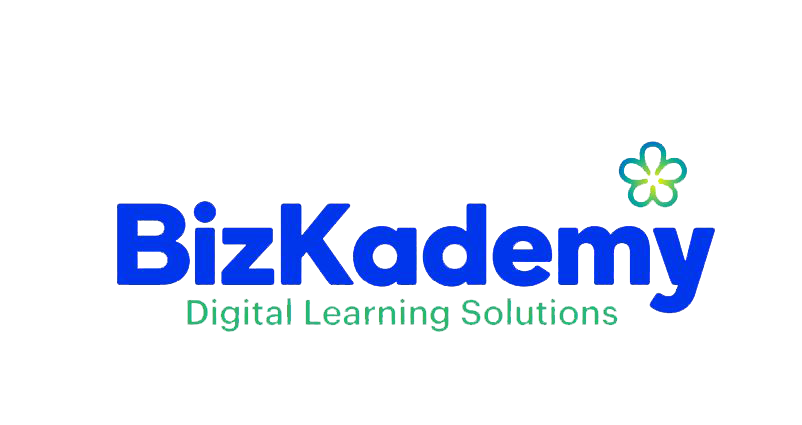In a world that glorifies hustle and praises high achievers, productivity often feels like it should be second nature. Many of us expect that once we set our goals, the energy and drive to achieve them will follow naturally. But the reality is, productivity is far from being automatic. It requires deliberate action, a clear mindset, and, most importantly, conscious effort.
Productivity isn’t about simply being busy or filling up hours with work. It’s about working smarter, staying focused on meaningful tasks, and making progress that aligns with your goals. So why doesn’t this come naturally to everyone? The answer lies in understanding the factors that disrupt productivity and recognizing the effort needed to stay on track.
The Myth of Natural Productivity
It’s easy to look at highly productive individuals and assume they’re wired differently, that their brains are naturally attuned to staying organized, disciplined, and efficient. However, this assumption overlooks the habits and mental frameworks they’ve built over time.
Productivity isn’t a natural talent—it’s cultivated through practice and intentional routines. Even the most accomplished people face distractions, procrastination, and moments of low motivation. What sets them apart is their conscious effort to manage these challenges and continuously refine their productivity habits.
The Role of Distraction
One of the biggest obstacles to automatic productivity is the sheer volume of distractions we face daily. Our phones ping with notifications, emails flood our inboxes, and social media beckons with constant updates. The modern world is designed to pull our attention in multiple directions, making it difficult to stay focused on one task for an extended period.
In this environment, expecting productivity to happen automatically is unrealistic. It takes intentional effort to create boundaries, eliminate distractions, and maintain a focused work environment. This might mean turning off notifications, setting dedicated work hours, or even using tools like time-blocking to guard your most productive hours.

The Influence of Habits
Habits are another key element in why productivity isn’t a default setting. Good habits, such as starting the day with a to-do list or breaking work into manageable chunks, can fuel consistent productivity. On the other hand, bad habits—like checking your phone every few minutes or leaving tasks unfinished—can sabotage your efforts.
The problem is, our habits are often shaped by unconscious behaviors rather than deliberate decisions. If left unchecked, bad habits can creep into our daily routine, making it difficult to be productive. Building and sustaining good habits takes time and conscious effort. It requires recognizing unproductive patterns and replacing them with new routines that support your goals.
The Need for Clear Goals and Priorities
Another reason productivity doesn’t come naturally is the lack of clarity in our goals and priorities. When we aren’t clear on what we need to achieve, it’s easy to drift from task to task without making significant progress. The absence of direction can make even the most determined person feel lost, overwhelmed, or unmotivated.
Conscious productivity starts with defining what you want to accomplish. Setting clear goals helps to narrow your focus and prioritize tasks that contribute to your objectives. It’s not just about making a list of things to do—it’s about aligning your actions with the bigger picture. This intentional approach ensures that your efforts are meaningful, moving you closer to where you want to be.

Energy Management
Productivity isn’t just about time management—it’s also about managing your energy. While we often believe we should be working non-stop, our bodies and minds don’t function that way. We have natural ebbs and flows of energy throughout the day, and trying to force productivity when you’re running on empty will lead to burnout rather than results.
Understanding when you are most energized and focused is crucial to being productive. Some people work best in the morning, while others hit their stride in the afternoon or evening. Conscious productivity involves aligning your most challenging tasks with your peak energy levels and giving yourself permission to take breaks when you need them. It’s not about working harder—it’s about working in harmony with your body’s natural rhythms.
The Mental Effort of Overcoming Procrastination
Procrastination is a common enemy of productivity, and it’s not something that magically goes away. In fact, the human brain is wired to avoid discomfort and seek pleasure, which often leads us to delay tasks that feel difficult or unenjoyable. Overcoming procrastination requires mental effort—identifying the root cause, whether it’s fear of failure, perfectionism, or simply feeling overwhelmed.
A conscious approach to productivity means tackling procrastination head-on. This might involve breaking large tasks into smaller steps, setting deadlines, or using accountability tools to stay on track. It takes mental discipline to push through the initial resistance and get started on a task, but once you do, momentum often follows.
The Importance of Self-Discipline and Mindset
At the heart of productivity is self-discipline and a strong mindset. It’s easy to set ambitious goals, but it’s much harder to consistently show up and do the work required to achieve them. Self-discipline isn’t something we’re born with; it’s a skill that is developed over time through practice and persistence.
Productivity also requires a growth mindset—the belief that with effort and learning, you can improve. This mindset helps you stay resilient in the face of setbacks, view challenges as opportunities for growth, and keep pushing forward when motivation wanes.
Conclusion: Productivity is a Choice
In the end, productivity is not a default state—it’s a choice. It requires conscious effort, careful planning, and continuous self-awareness. By managing distractions, cultivating good habits, setting clear goals, and maintaining the right mindset, you can build a productive routine that supports your personal and professional growth.
Remember, productivity isn’t about being perfect or working non-stop. It’s about making intentional choices that lead to meaningful progress. And that is something worth putting effort into.





